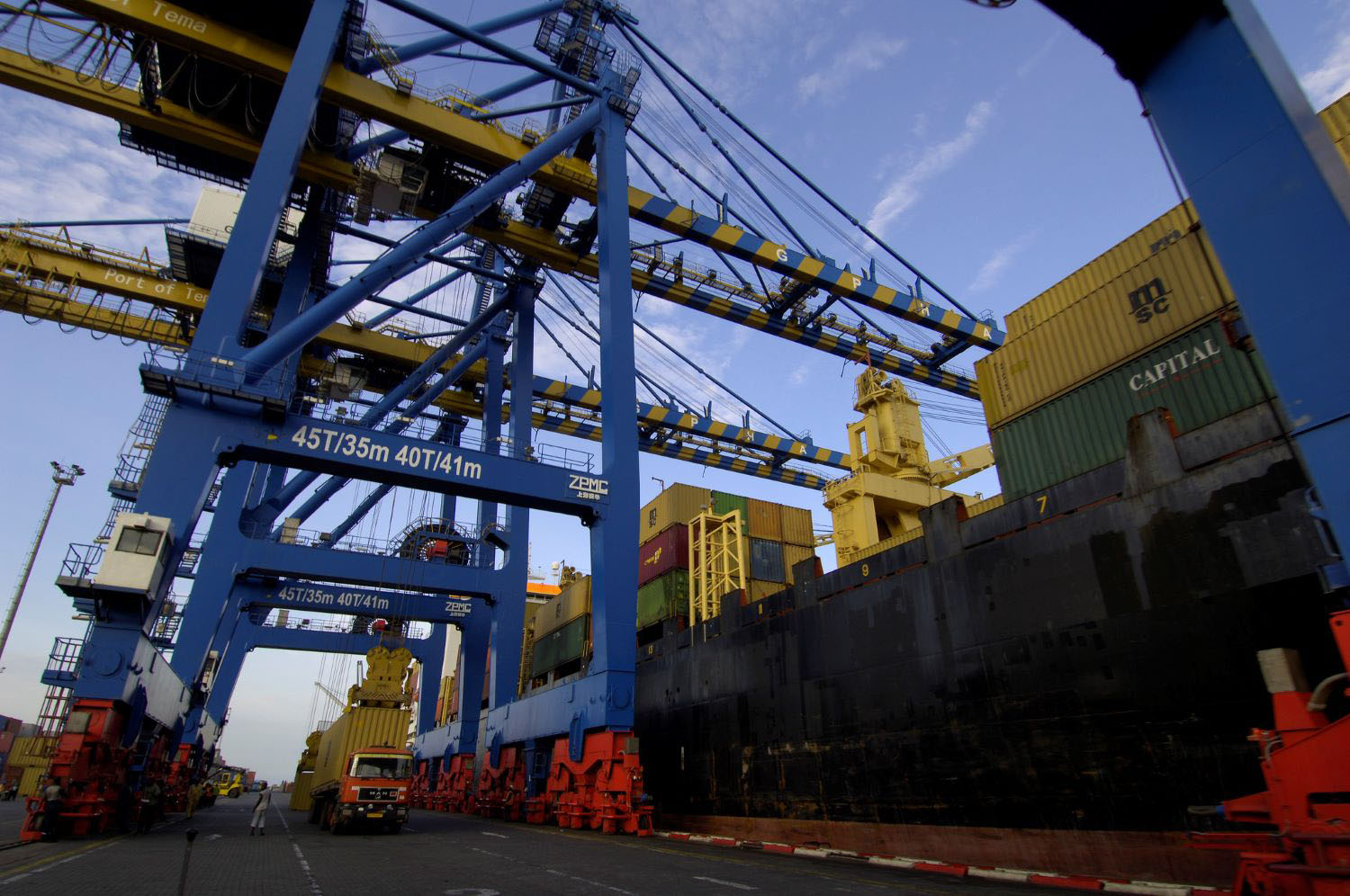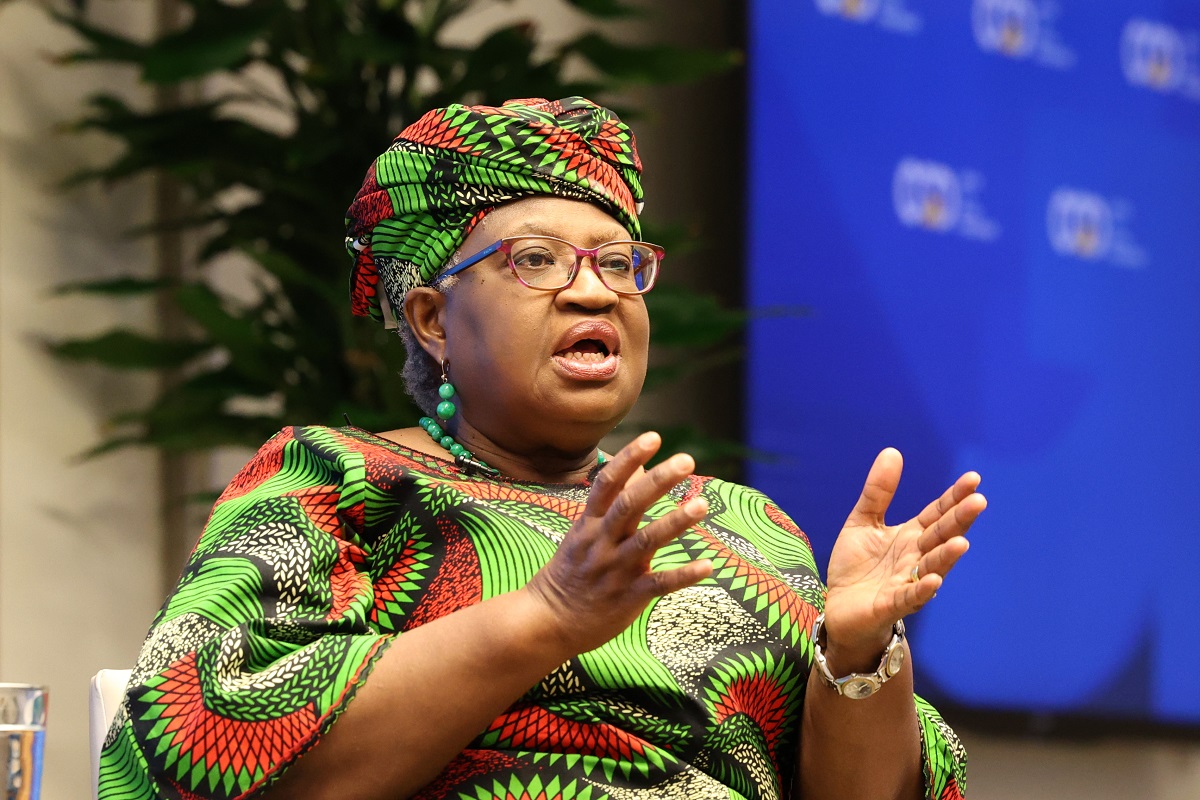After years of delay, three U.S. trade agreements are finally down to the wire. President Obama has sent Congress legislation to implement long-delayed free trade agreements with Colombia, Korea, and Panama. Congress is expected to vote on all three agreements, and an extension of the Trade Adjustment Assistance program for workers displaced due to trade, on or about October 12, on the eve of a visit to the United States by South Korean President Lee Myung Bak.I have never been a fan of preferential trade agreements, particularly between large, rich countries and smaller, poorer ones for reasons described here, and elements of these specific agreements are troubling, but I have to say, IT’S ABOUT TIME! The agreement with Colombia was signed in November 2006, with Panama in March 2007, and with Korea in June 2007. Since then, those countries have changed laws or practices, or agreed to modifications to the agreements to address issues raised by Congress or the Obama administration.While I still have concerns about some provisions of these agreements, all three countries are partners and allies with democratically-elected governments that negotiated with the United States in good faith and want to see these agreements implemented. Colombia’s decision to try to ensure access to the U.S. market by negotiating a free trade agreement was vindicated this year, when Congress failed to renew an Andean trade preference program that previously gave Colombia duty-free market access for many of its key exports. It is important for Washington’s negotiating credibility and for its reputation as a reliable partner and ally to implement these agreements.I also hope that once this old business is cleared up, U.S. trade policy will gain forward momentum, and in ways that better serve both American interests and those of poorer developing countries, as called for in a recent Council on Foreign Relations bipartisan task force discussed in this blog post by task force member and CGD President Nancy Birdsall.Such a strategy, as Nancy also notes, would include strengthening the multilateral system—even if that means recognizing the futility of pretending the Doha Round can succeed and moving on—and improving market access for the poorest countries. While it is unrealistic to think that negotiations on a Trans-Pacific Partnership, (which would stitch together existing U.S. agreements with several countries and add several more) will not continue, perhaps having to negotiate with eight other countries will at least temper American bullying of its erstwhile partners (for example on stronger intellectual property protections).In early 2009 Randall Soderquist and I found broad, cross-sectoral and bipartisan support for multilateralism and for more effectively using trade to promote development, when he coordinated a letter to President Obama and congressional leaders from 17 business, NGO, and faith-based groups in the midst of the financial crisis. That there is still broad support for such an agenda is underscored by the fact that the CFR report called for situating U.S. trade policy within a strengthened multilateral, rules-based system, and that Jim Owen, CEO of Caterpillar, and Laura Tyson, a former economic adviser to President Clinton, signed on to Nancy’s addendum to the CFR report calling for specific actions to ensure that American trade policy is development-friendly (see her post for details). And, as Nancy emphasizes in her blog, U.S. market openings must be accompanied by domestic programs, with TAA as a first step, that ensure the benefits of globalization are spread more broadly, and that people’s concerns about trade are addressed.So while I’m not a big fan of preferential trade agreements, I’m hoping that they pass and that with these behind us we can finally move ahead with more sensible, pro-development U.S trade policy in the 21st century.
CGD blog posts reflect the views of the authors, drawing on prior research and experience in their areas of expertise.
CGD is a nonpartisan, independent organization and does not take institutional positions.





